The Bridge Generation: How Young Africans Are Balancing Employment and Self-Employment
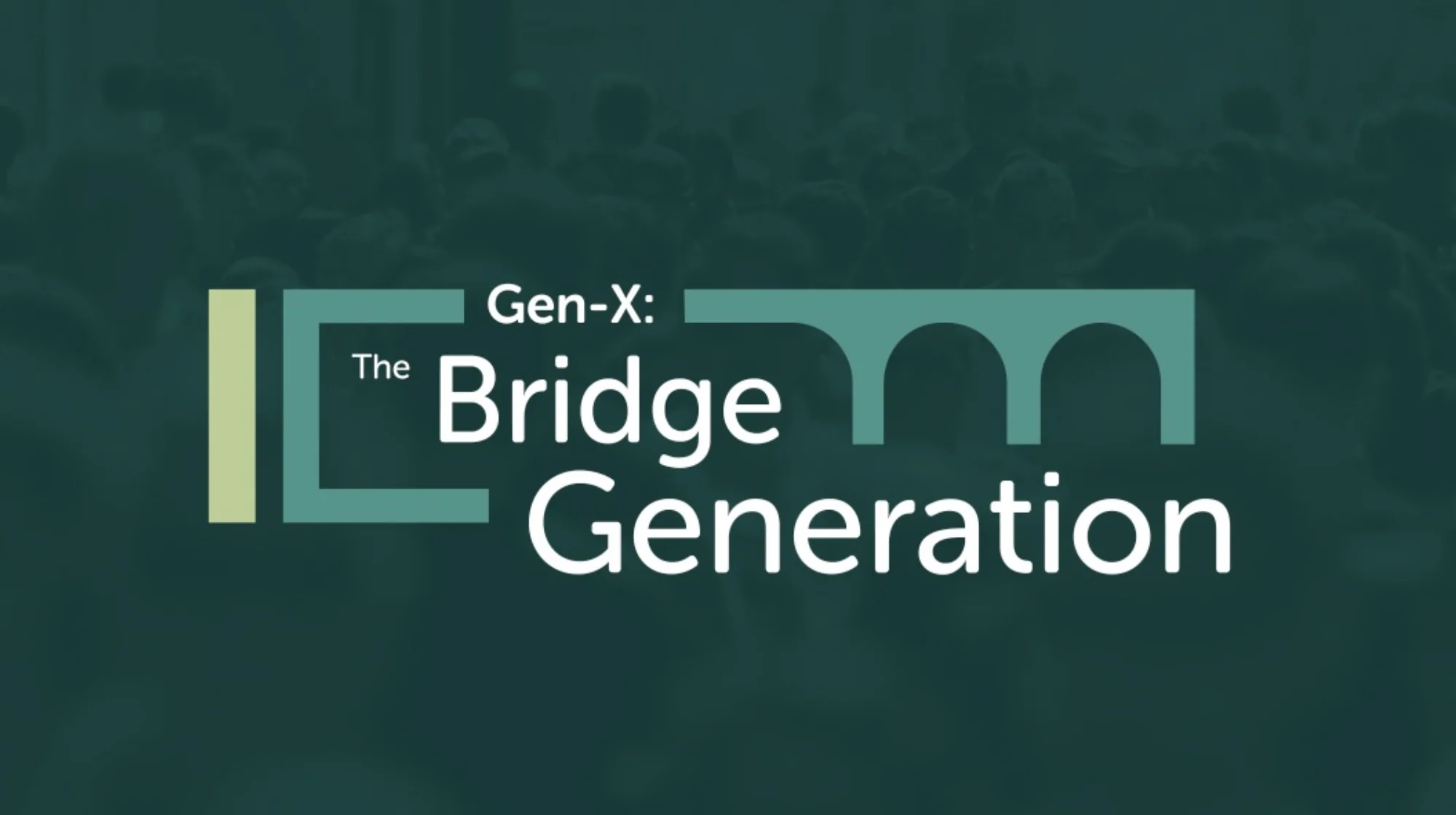
Across Africa, a new kind of professional is emerging, one who straddles two worlds at once. They clock in for their nine-to-five jobs while simultaneously building something of their own after hours. They’re not abandoning traditional employment, nor are they content with it alone. They’re the bridge generation young Africans who refuse to choose between job security and creative independence.
From the busy streets of Lagos, where bankers moonlight as content creators, to Nairobi, where nurses manage thriving online boutiques, this generation is rewriting what it means to work and live meaningfully. For them, the goal isn’t survival, it’s balance.
Why Africans Are Choosing Dual Paths
Decades ago, most young Africans were taught that the surest route to stability was through formal employment. A good degree, a respectable office job, and a steady income were considered the pinnacle of success. But as Africa’s job market becomes increasingly unstable and inflation eats into wages, more youth are rethinking that path.
According to The World Bank, over 60% of sub-Saharan Africa’s youth are employed in the informal sector or self-employed, often out of necessity, but increasingly by choice. This shift is not just economic, it’s cultural. The once-clear boundary between “a stable job” and “a side hustle” has dissolved into a hybrid identity.
Ademola, a 29-year-old financial analyst in Lagos, represents this new breed. By day, he crunches numbers for a commercial bank; by night, he hosts a growing personal finance podcast called The Budget Boy. “I didn’t want to quit my job,” he says. “I just wanted to create something that reflected my voice.” His story mirrors thousands of others across the continent who no longer see employment as a cage but as a platform.
The Rise of the Hybrid Worker
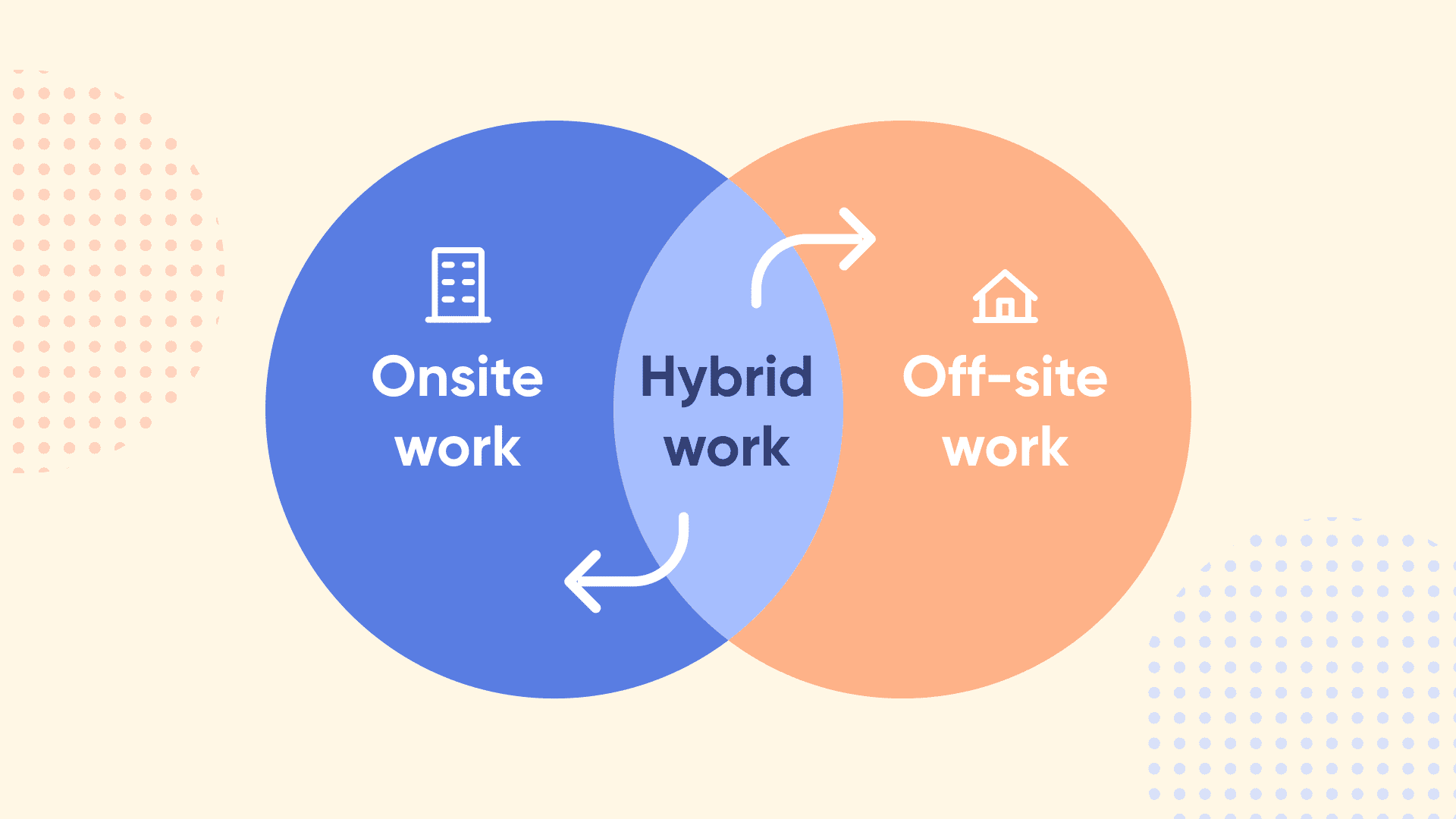
The hybrid worker is not a fad, it’s the future. Young Africans are building micro-economies around their skills, leveraging digital platforms to create multiple streams of income. Whether it’s freelancing, consulting, teaching online, or content creation, the continent’s youth are learning to diversify early.
Platforms like Upwork, Fiverr, and Toptal have opened doors for remote gigs, while regional startups such as WorkPay Africa and Gebeya now connect skilled Africans to international clients.
Njeri, a Kenyan nurse, runs a thriving e-commerce business selling handmade jewelry. “My job pays the bills, but my business feeds my passion,” she says. Her weekends are spent packing orders, updating her Instagram shop, and mentoring other nurses who want to do the same. The internet has become her second workspace, one where creativity meets commerce.
Yet this flexibility comes with its own challenges: time management, burnout, and the guilt of never resting. Still, for many, the rewards far outweigh the strain.
The Economics of Creative Independence
At the heart of this movement is economic survival. Many African economies have seen sluggish job growth despite rising populations. Inflation, currency depreciation, and unstable markets have pushed professionals to look beyond their paychecks.
In Nigeria, for example, the unemployment rate remains high, and the cost of living continues to climb. The National Bureau of Statistics (NBS) reports that over 13.9 million Nigerian youth are underemployed, often taking jobs below their skill level just to stay afloat. For these workers, side hustles aren’t optional, they’re essential lifelines.
But it’s not all about money. Many are driven by the need for creative autonomy, the freedom to express themselves beyond the constraints of office politics. As the African Development Bank (AfDB) notes, Africa’s creative industries; film, design, tech, and fashion are now among the continent’s fastest-growing sectors, with a projected value exceeding $20 billion by 2030.
This explains why even the most “secure” professionals are dipping their toes into creative waters; podcasting, photography, design, or storytelling not just as hobbies but as parallel careers.
Juggling Two Lives
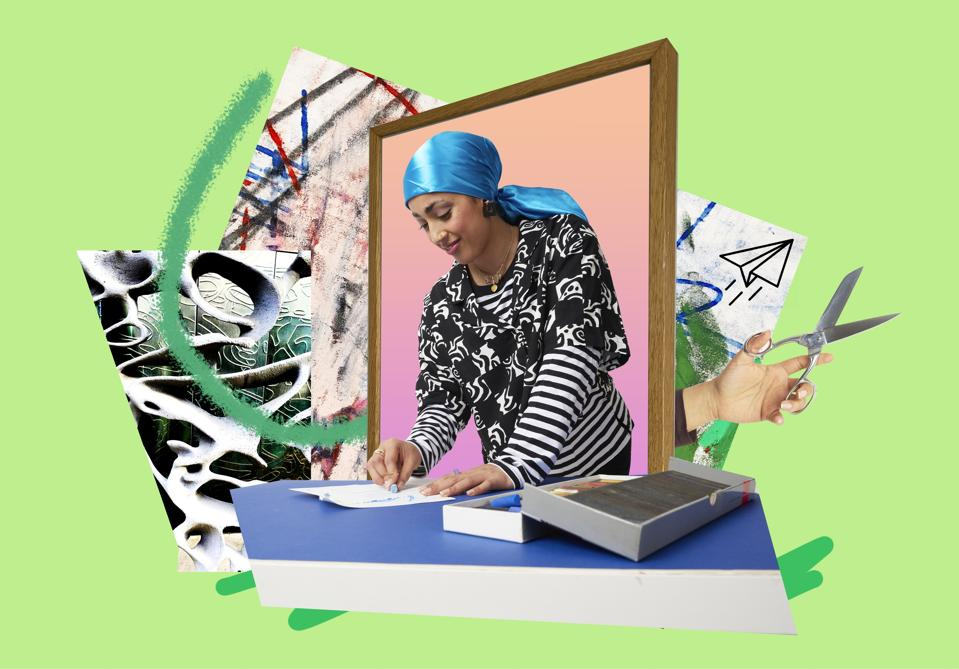
Balancing a corporate job with a side venture isn’t easy. It requires discipline, emotional intelligence, and clarity of purpose. The International Labour Organization (ILO) notes that working beyond 48 hours per week can significantly increase stress and reduce long-term productivity.
Still, this generation seems to have mastered the art of “strategic juggling.” They turn commutes into brainstorming sessions, lunch breaks into business calls, and weekends into production time. Many even report that their side hustles make them better at their main jobs; fostering creativity, confidence, and problem-solving skills.
Tolu, a teacher in Ibadan who also codes websites for small businesses, explains: “My side gig gives me freedom to teach without worrying about salary delays. It keeps me motivated.” Like Tolu, thousands of African teachers, engineers, doctors, and journalists are embracing this dual existence, not as rebellion but as resilience.
When Employers Start to Notice
Interestingly, African employers are beginning to adapt. Instead of discouraging side projects, some are embracing them as signs of innovation. Startups and progressive companies are now building flexible systems that allow employees to pursue passion projects without conflict.
In South Africa, for instance, companies like Yoco and SweepSouth encourage entrepreneurial thinking among their staff. “We realized our best employees are also creators,” says Yoco’s HR director in an interview with BusinessTech South Africa. “Rather than limit them, we nurture that energy.”
This culture of openness signals a significant shift from traditional corporate rigidity. Employers now understand that suppressing creativity doesn’t build loyalty, empowerment does.
The Emotional Trade-Off
Behind the polished success stories lies an emotional reality. Balancing multiple careers often means losing leisure time, straining relationships, and constantly being “on.” The line between work and life fades. Yet, for the bridge generation, rest is often redefined as doing what you love, even if it looks like work.
Psychologists warn that this constant multitasking can trigger fatigue and anxiety. A study by the University of Cape Town linked prolonged overwork among young professionals to decreased mental health and social satisfaction. Still, what drives these individuals isn’t obsession, it’s ownership.
The sense of purpose they gain from building something personal often outweighs the exhaustion. “When I’m tired from my job,” says Ifunanya, a customer service representative who writes fiction on the side, “I remind myself I’m investing in my freedom.”
Technology: The Enabler of the New Work Order
Technology is the invisible bridge connecting Africa’s dual-career professionals. Affordable internet, social media platforms, and mobile banking tools have made it possible to manage two or more careers seamlessly.
Platforms like Flutterwave, Paystack, and Moniepoint have simplified online payments, enabling small businesses to thrive without traditional banking barriers. Meanwhile, productivity tools such as Trello, Canva, and Google Workspace have made collaboration and branding easier for freelancers.
This technological revolution has democratised opportunity. A generation once limited by geography now competes globally, blending corporate discipline with entrepreneurial daring.
The Future of Work: Not Either/Or, But Both
The African future of work will not be defined by rigid categories. It will be fluid, a fusion of employment and enterprise, of paycheck and passion. Governments and educational systems are gradually recognising this shift. Initiatives like the Tony Elumelu Foundation Entrepreneurship Programme and Google’s Hustle Academy are actively training youth to sustain hybrid careers.
For the bridge generation, the message is clear: they’re not waiting for the economy to change, they’re adapting faster than the system itself.
Conclusion
The African professional is no longer defined by a single title. They are bankers and podcasters, nurses and fashion designers, teachers and coders. They represent a generation that refuses to be boxed in a generation building bridges between survival and self-expression.
They work because they must, but they create because they can. In their dual lives lies the blueprint for Africa’s future; a workforce that is flexible, fearless, and free.
You may also like...
Leaving to Stay Alive: The People Who Walked Away Before Work Killed Them
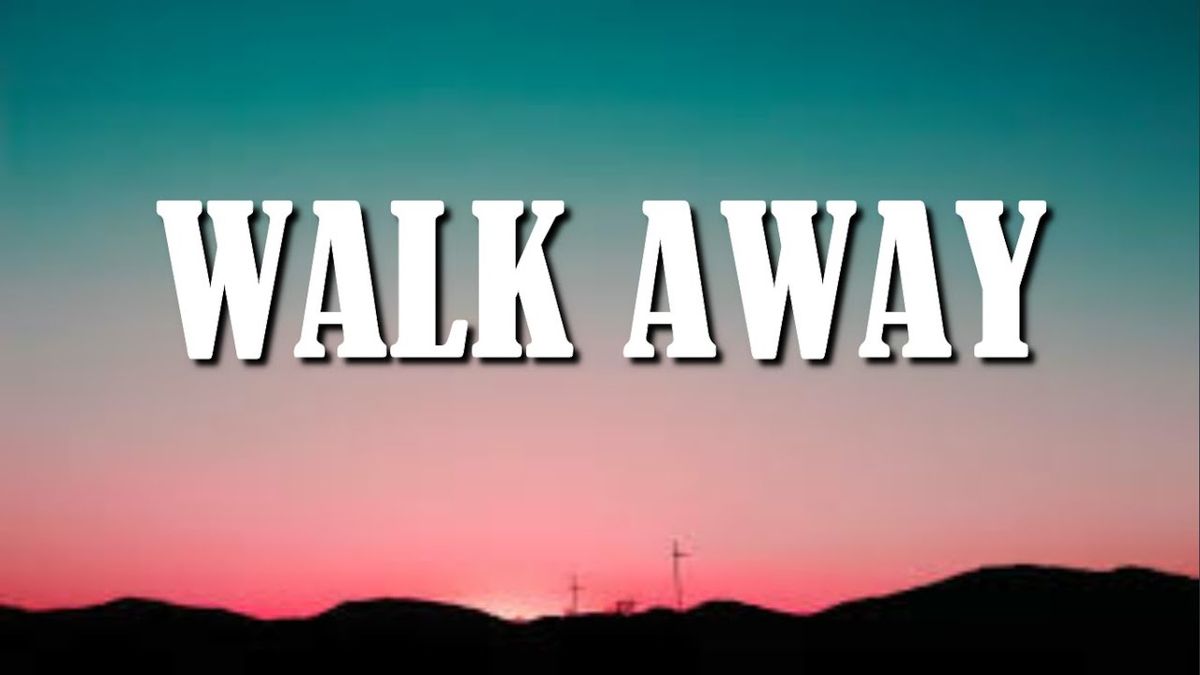
Across Africa, a silent revolution is unfolding, professionals are quitting toxic jobs to reclaim peace, purpose, and me...
Young Africans Rewriting the Rules of Innovation
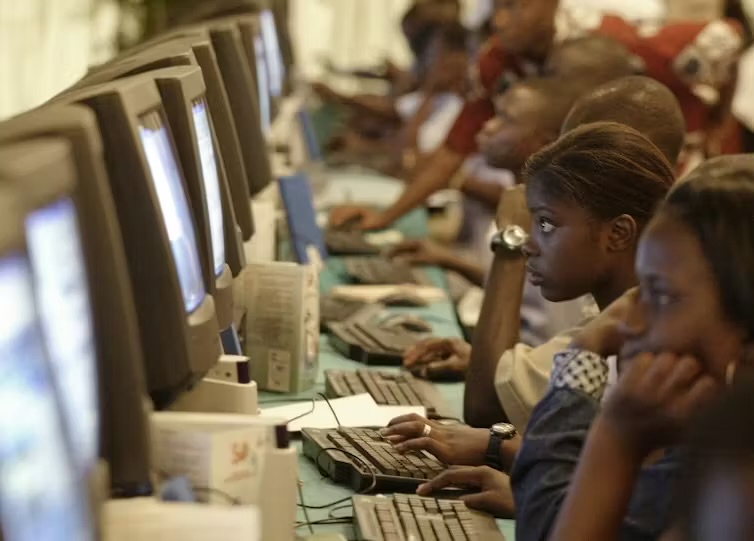
From Kenyan classrooms to global robotics labs, young Africans like Nelly Cheboi and Silas Adekunle are redefining innov...
The Biafran Story: Memory, Loss, and the War That Still Haunts Nigeria.

Can Nigeria move beyond the memory of the Biafran War to rebuild real unity? read about what inclusive governance must m...
Nigerian Tech Founders Who Redefined Innovation in Africa
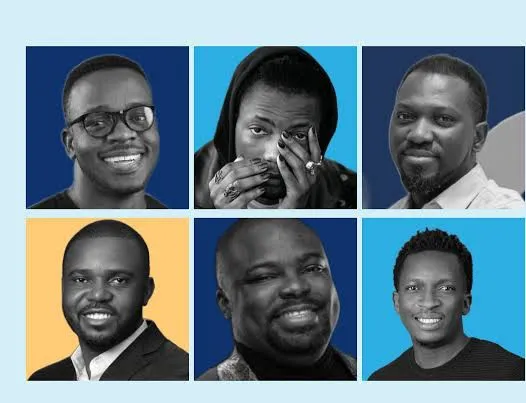
Meet ten Nigerian tech founders redefining innovation in 2025, from fintech, to edtech and ease of access to the interne...
The Hidden Workforce Behind Your Apps
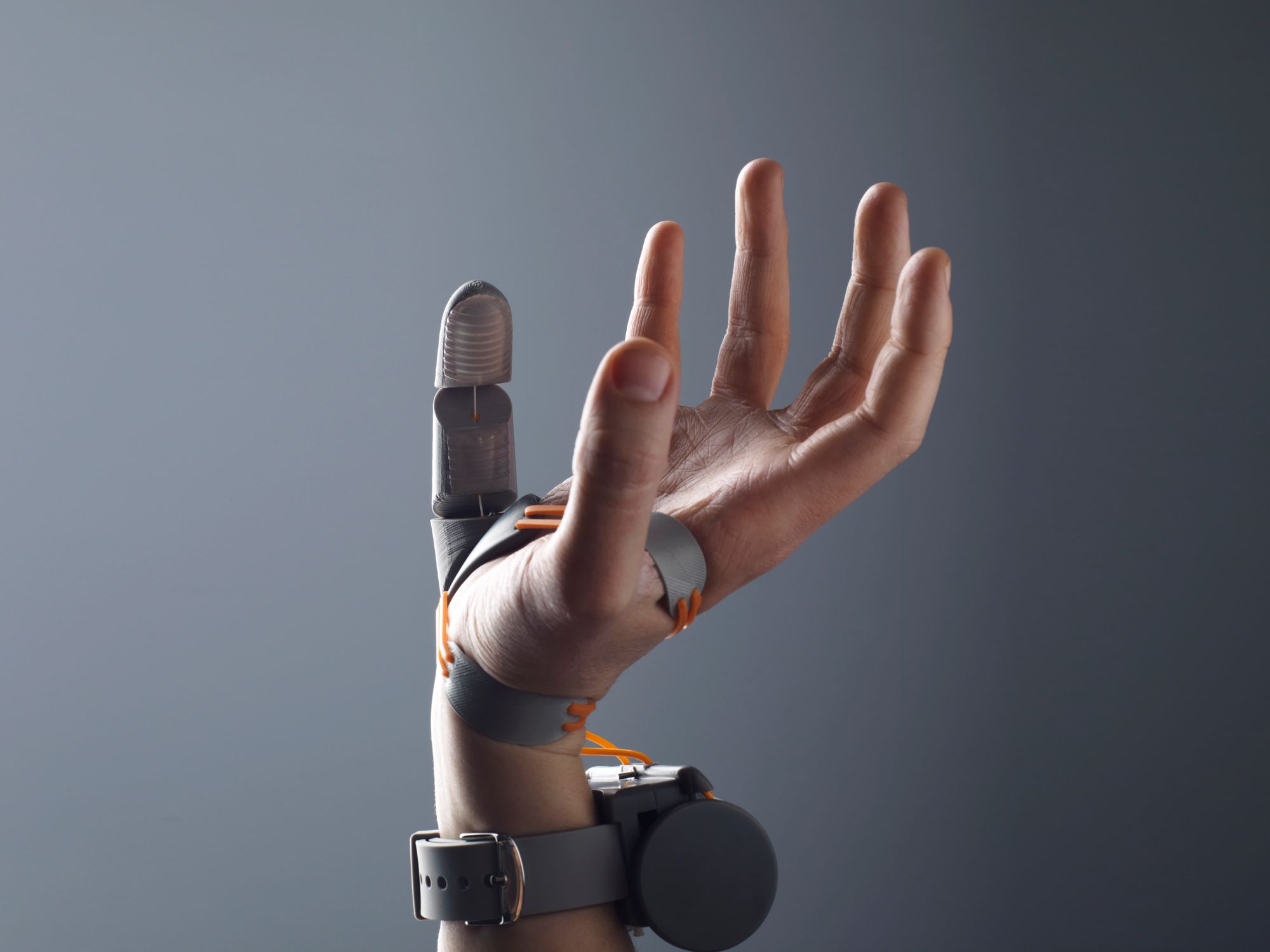
Invisible hands power the digital world: African data labelers, content moderators, and gig workers keep AI and apps run...
The Bridge Generation: How Young Africans Are Balancing Employment and Self-Employment

There are teachers who code, bankers who podcast, and nurses who sell online. Meet the bridge generation redefining what...
The Globalization of African Fashion: From Local Roots to Global Runways.
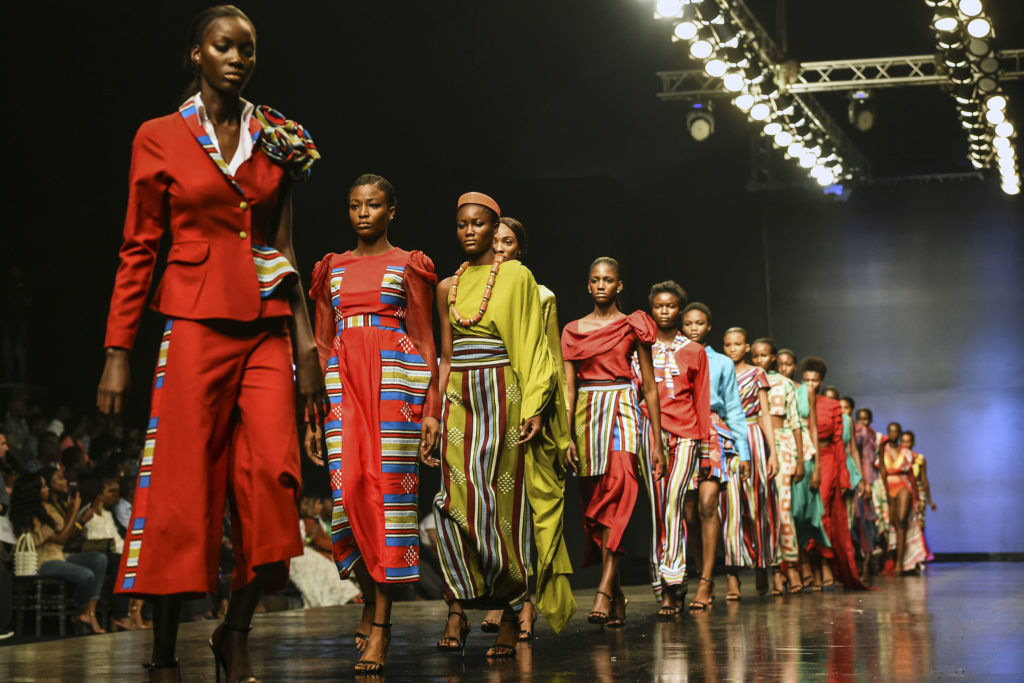
African fashion and its designers are taking the world by storm, proving that what began as tradition is now the future ...
The Biafran Story: Memory, Loss, and the War That Still Haunts Nigeria.

Can Nigeria move beyond the memory of the Biafran War to rebuild real unity? read about what inclusive governance must m...

.jpeg)